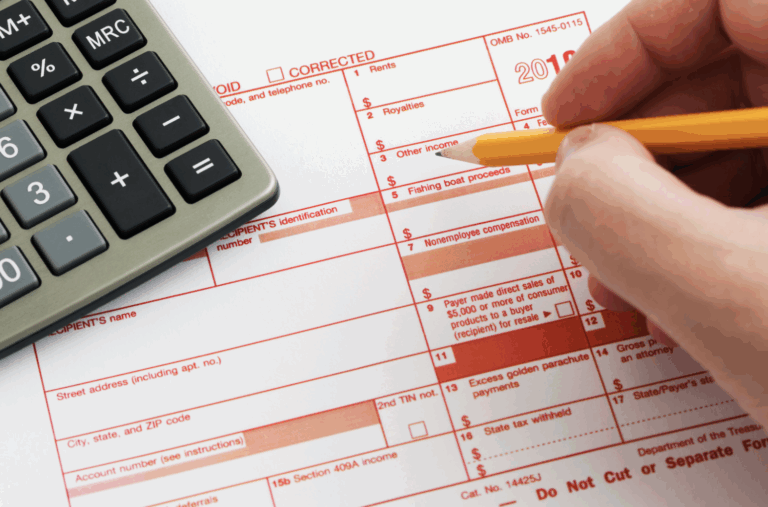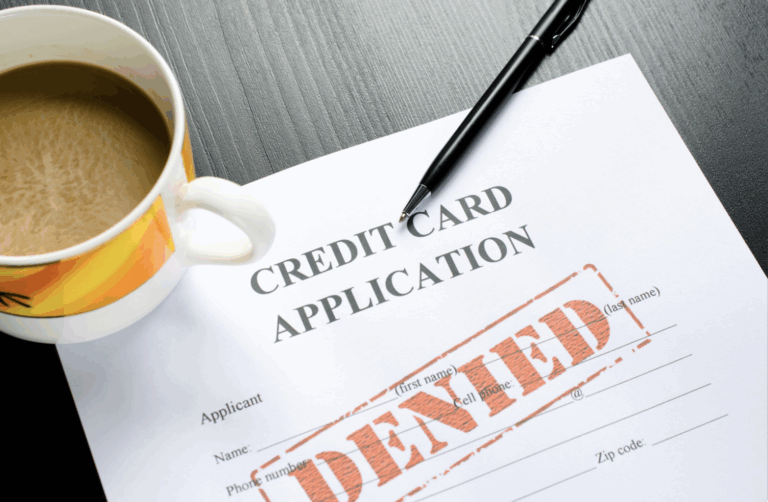If you’ve stopped making payments on a debt balance, your lender or a debt collection agency will likely start actively trying to collect within a handful of months. But states have instituted a statute of limitations on debt, which can help protect you from old debts.
Once the statute of limitations on debt has passed, creditors are legally barred from suing you to collect. Of course, that doesn’t mean they won’t still try, so it’s important to know your rights.
What is the statute of limitations on debt?
It’s not uncommon for creditors — debt collectors in particular — to sue consumers to collect on a debt. But once that debt has reached the statute of limitations, it’s considered “time-barred,” which means the debt collector or creditor can no longer file a lawsuit to collect.
The debt collection statute of limitations can vary from state to state. In most cases, it’s between three and six years, according to the Consumer Finance Protection Bureau. But in some states, it can be longer for certain types of debt.
Just because a creditor or debt collector can no longer sue you, though, it doesn’t mean that you’re no longer obligated to pay. What’s more, the debt will remain on your credit report for seven years from the first missed payment.
How to know if you’ve reached the statute of limitations on collections
If you’ve been contacted about an old debt, it’s important to avoid making any payments until you can confirm whether it’s time-barred. Again, this doesn’t mean debt collectors will stop contacting you, but it does mean they can’t sue you.
The first step is to read the fine print of the original debt if you still have it. In some cases, lenders may include in their contracts that a loan or credit card is subject to the statute of limitations in a specific state, which may or may not be the state in which you reside.
If this is the case, you’ll want to have that information to provide to the debt collector if they decide to file a lawsuit.
If you don’t have the original paperwork, you can request the information from the debt collector, who is required to provide it. Just make sure you don’t make any promises to pay the debt or give them your bank account information.
During this process, it may be a good idea to hire a debt attorney. They may be able to help you decipher the information you receive from a debt collector and also help you understand your rights and respond on your behalf. Alternatively, you can contact your state’s attorney general’s office to get information on whether the debt is time-barred, but you’d be on your own when responding to the debt collector.
How to respond if a debt collector tries to sue
If a debt collector has filed a lawsuit to collect on an old debt, it’s crucial that you respond by the date provided in the summons. Otherwise, the court may file a default judgment against you, essentially allowing the collection agency to get what it wants.
During that time, start by confirming that the debt belongs to you. You have the right to have the collection agency validate the debt to ensure that it’s valid and that you haven’t already paid it off. You’ll typically receive a letter in the mail within five days of the first contact.
In the meantime, you can ask the collection agency if the debt is time-barred. They’re not required by law to answer this question, but if they do, they’re obligated to answer truthfully. If there’s no answer, ask about the last recorded payment on the debt.
In some states, the clock on the debt collection statute of limitations starts 30 days after your first missed payment. In others, it may be your most recent full or partial payment, even if that happened while the debt was in collections.
If the collector refuses to answer your questions, you can wait and refer to the debt validation letter to confirm the details.
If you find during this process that the debt does not belong to you or it’s time-barred, you can contact the debt collector challenging their lawsuit. Remember, if a debt collector is not allowed to sue you over a time-barred debt, they can still try to collect. But the good news is that if you submit a request for them to stop contacting you, they’re required by law to comply.
Should you pay off an old collection account?
Even if a debt collector is no longer allowed to sue you over a time-barred debt, you may be wondering if you should pay it off anyway.
The answer is: it depends.
One of the newest FICO score models, FICO 9, removes paid collection accounts from the credit score calculation. This means that if you pay off an account in collections, it will no longer hurt your credit score — though the original late payments will remain.
The problem is that while FICO 9 was introduced in 2014, most lenders use the FICO 8 model or even older ones in some cases. So if the FICO 9 does become commonplace, paying off that collection account can help you. Until then, though, it won’t impact your credit score at all, and it may be better to just wait until it falls off your credit report.
The bottom line
The statute of limitations on debt protects consumers against being sued for old debts. The debt collection statute of limitations can vary from state to state, so it’s important to know the rules. Taking these steps can help you ensure that you don’t agree to pay a debt that’s time-barred. But it may also be a good idea to hire an attorney to help you understand your rights and protect them.





